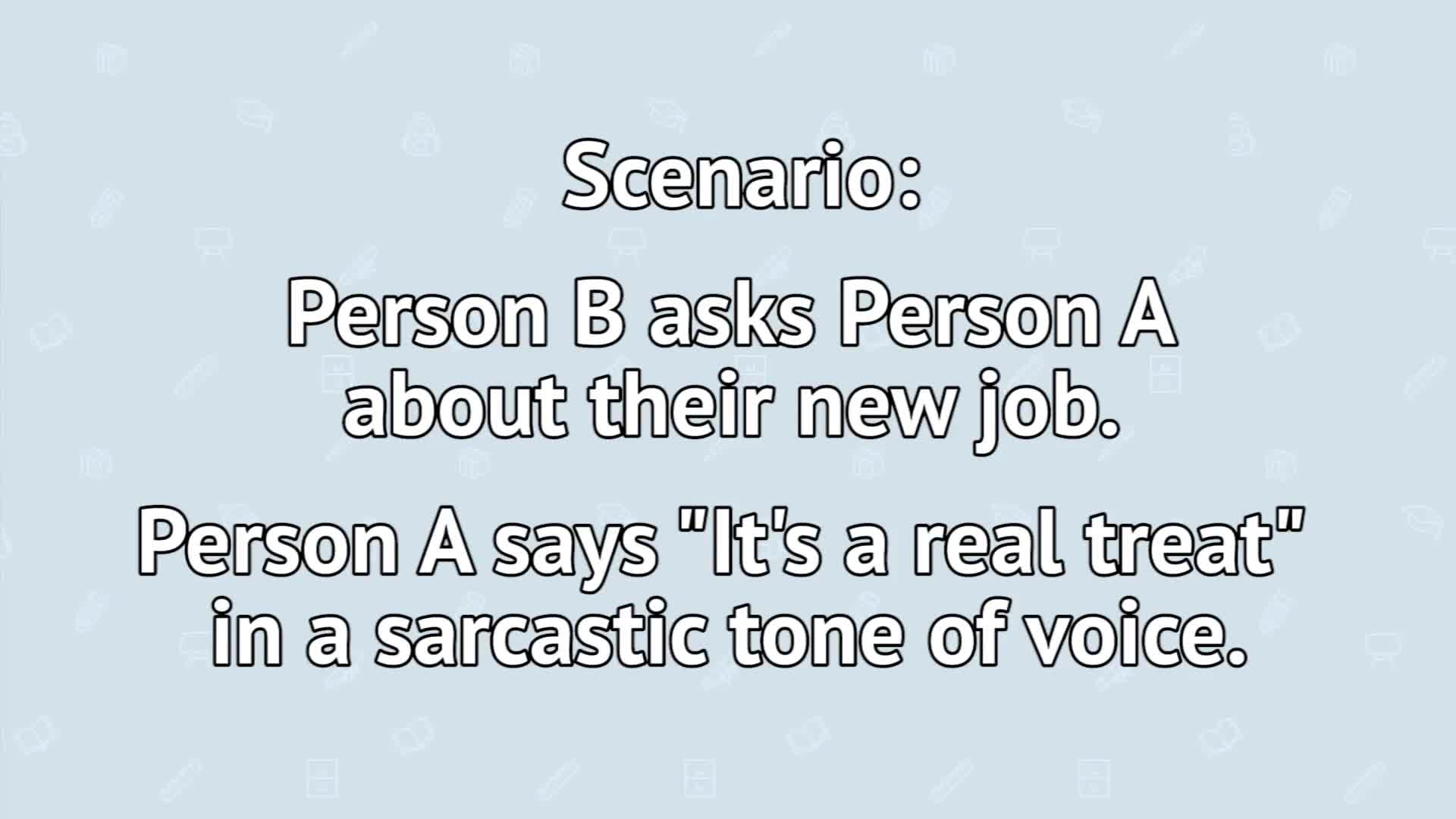
Introduction
Welcome to Act It Out!, an engaging role-playing game designed to help middle school students understand the importance of tone of voice in social situations. In this game, students will practice using appropriate tones of voice to convey different emotions and messages. By participating in various scenarios, students will develop their ability to communicate effectively and empathize with others.
No-Prep Activity
Here’s a simple, no-prep activity for educators to implement in the classroom. The activity requires no additional materials or preparation, making it easy to incorporate into any lesson plan. The activity is called “Tone of Voice Charades.”
- Divide the class into two teams.
- Each team selects a representative to act out a given emotion using only their tone of voice. The representative will be given a sentence to say, such as “I’m going to the store.”
- The representative must convey the assigned emotion using only their tone of voice while saying the sentence.
- The other team members must guess the emotion being portrayed based on the tone of voice used.
- Each correct guess earns the team a point. The team with the most points at the end of the game wins.
This activity encourages students to focus on the importance of tone of voice in communication and helps them practice using different tones to convey various emotions.
Discussion Questions
After completing the activity, use these discussion questions to further explore the role of tone of voice in communication:
- How did the tone of voice used by the actors affect your understanding of their emotions?
- Can you think of a time when someone’s tone of voice made you feel a certain way, even if their words were neutral?
- Why is it important to be aware of our tone of voice when communicating with others?
- How can we practice using appropriate tone of voice in different social situations?
- What are some strategies for adjusting our tone of voice to better convey our emotions and intentions?
Related Skills
Along with tone of voice, there are other essential communication skills that students should develop to improve their social-emotional learning. Some of these skills include:
- Active listening
- Nonverbal communication (body language, facial expressions)
- Empathy and understanding others’ emotions
- Assertiveness and expressing one’s own emotions
- Conflict resolution and problem-solving
Next Steps
Act It Out! is just one example of the engaging and educational activities available to help students develop essential social-emotional learning skills. If you’re interested in discovering more resources like this, don’t hesitate to sign up for free sample materials at Everyday Speech. You’ll gain access to a variety of activities, games, and videos designed to help students improve their communication and social skills, fostering their overall growth and development.





